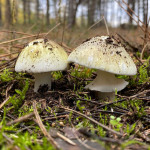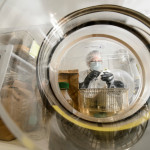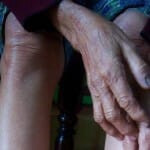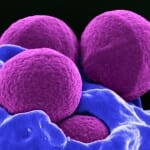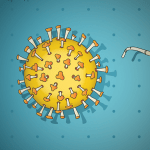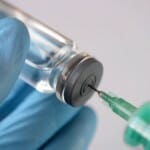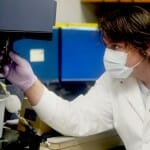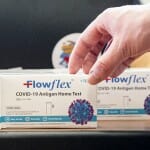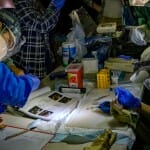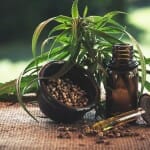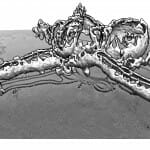Tag Health
The changing chemistry of invasive death cap mushrooms
UW–Madison researchers just released a revealing study on the mushrooms behind an uptick in poisoning deaths in California.
More news, more worry during pandemic
“What we’d hope is that you could counter uncertainty by learning more about the world ... (but) that wasn’t the case with COVID-19," says researcher Markus Brauer. "Higher media consumption — seeking out the news — was associated with more emotional distress.”
Were U Wondering … how vaccines work?
Ann Palmenberg, professor of virology and biochemistry, explains how vaccines trick your immune system into thinking you've had an infection so you'll be protected when a real virus comes along.
New study allows researchers to more efficiently form human heart cells from stem cells
The heart muscle cells, according to the UW–Madison Stem Cell & Regenerative Medicine Center, could be useful for cardiac repair, regeneration and cell therapy.
Study finds 63% of teens have healthy relationship with digital technology
Researchers in the UW School of Medicine and Public Health say family rules on the amount of screen time teens are allowed are less effective in fostering good digital practices than focusing on the content of what they are viewing.
Osorio to lead UW Global Health Institute
Jorge Osorio, an expert in epidemiology, virology and vaccines, has been named the next director of GHI, which applies research, education and outreach to advance equitable and sustainable health in Wisconsin and around the world.
Reminder: Testing, masks and booster shots
Through the rest of spring semester, UW–Madison will continue to offer free PCR testing, antigen test kits, and surgical and N95 masks to students and employees. Mandatory testing of unvaccinated individuals is paused, effective April 4.
COVID questions: Are more severe colds and flu in our future?
Preventive medicine chief resident Devlin Cole from the UW School of Medicine and Public Health explains why discontinuing masking does not put us at risk of contracting infections that are more severe.
Nonprescription CBD product labeling largely inaccurate, study finds
UW–Madison School of Pharmacy students concluded that just 15% of CBD-infused oil, beverages and other products are labeled correctly, based on a survey of stores in Southwestern Wisconsin.

